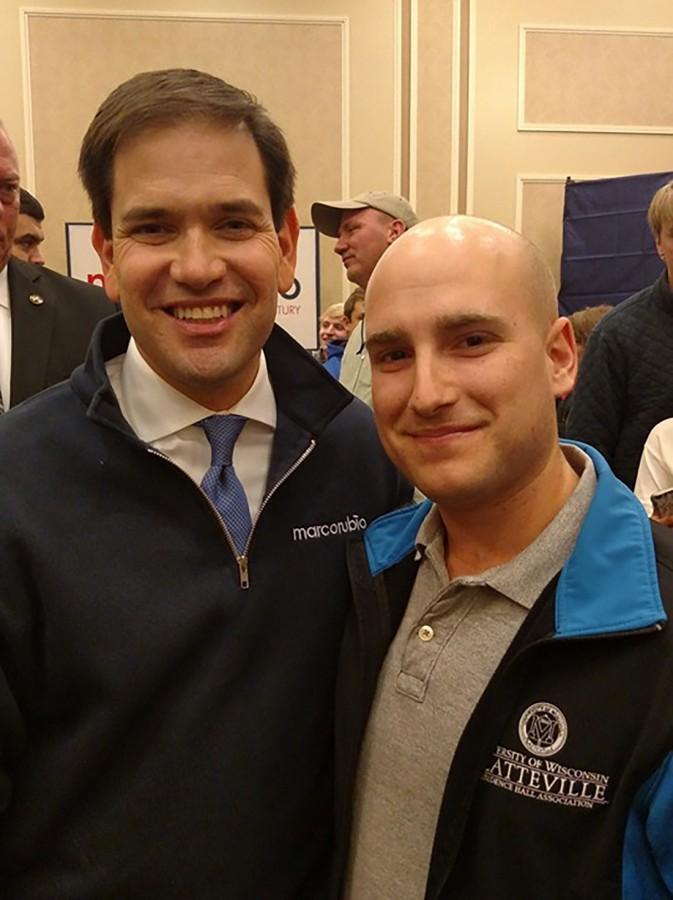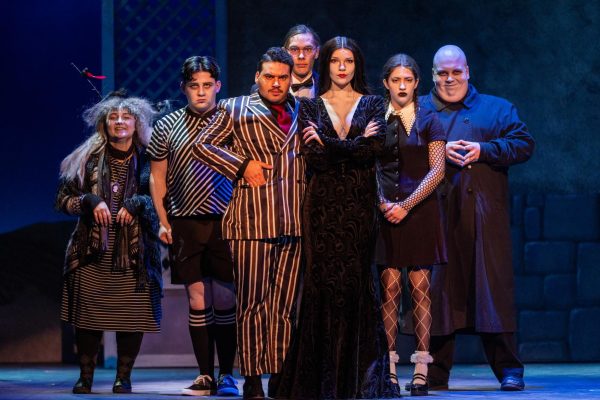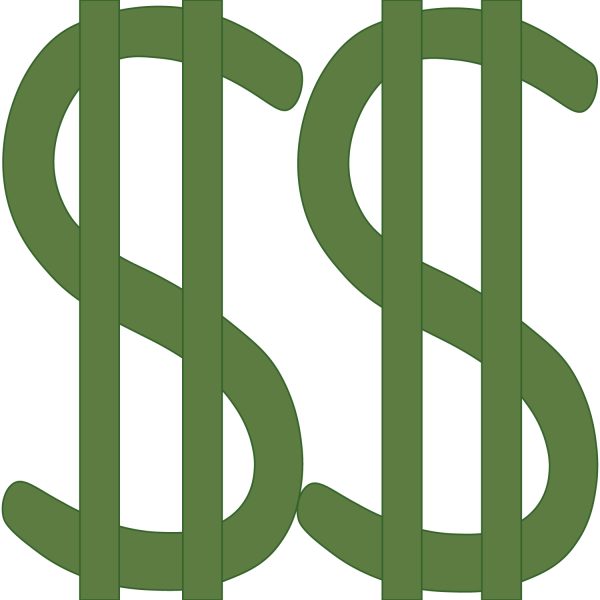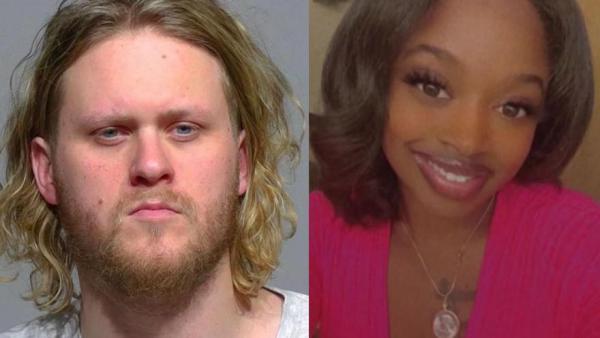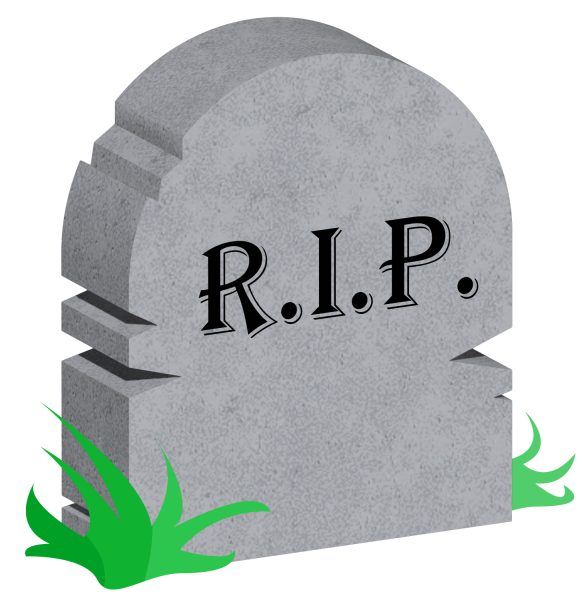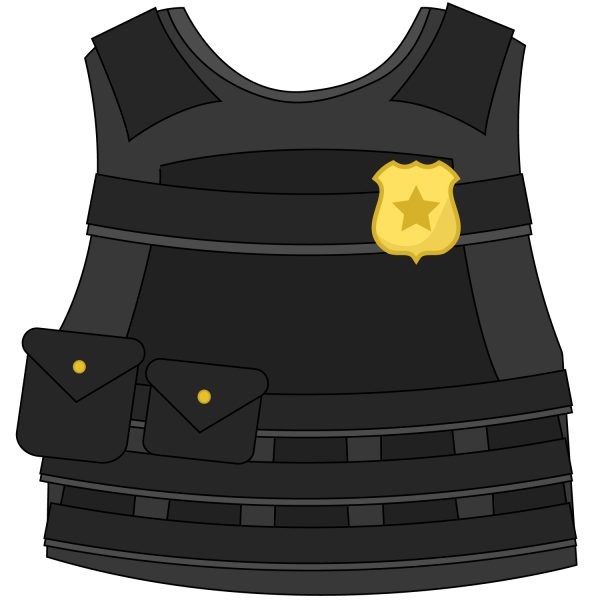Every major presidential candidate was in Dubuque over the weekend, as the voting for the 2016 presidential nominations began on Feb. 1. By early Tuesday morning, it was clear that Ted Cruz had won the Iowa Republican Caucuses and Hillary Clinton was winning the Democratic caucus by a slim margin.
The caucusing was preceded by a weekend of rallies.
“It’s cool that the eyes of the nation [were] on us,” University of Wisconsin-Platteville political science professor Travis Nelson said.
“Friday and Saturday evening, every single major candidate was within blocks of my apartment.”
Caleb Goodnes, senior political science major, said he attended the weekend rally for Hillary Clinton and the town hall meeting for Marco Rubio.
“The Hillary rally was in a smaller space than I thought. She was about an hour late, but everybody was really excited to see her, even people who don’t necessarily support her campaign,” Goodnes said.
Goodnes said Rubio’s town hall meeting took place in an equally small room. The candidate gave speeches and answered about five questions from the audience.
“He shook everybody’s hand and took selfies. I even got to talk to him for a minute,” Goodnes said.
Freshman, political science and criminal justice major Christian Hall and junior agriculture education and theater major Paul Krombos both said they attended the Bernie Sanders rally.
“I’ve been to a rally before, so I had high hopes,” Hall said. “It was a good turn out and a good experience to see what other politicians had to say. Everyone was really passionate.”
As the Grand River Event Center filled up for the Sanders rally, Hall said there were songs playing that said “feel the burn” in them. “Feel the Bern” is an unofficial slogan for Sanders’ campaign.
Nelson said it was his first experience caucusing and that the Republican and Democrat caucuses are very different. The Republicans have a secret ballot, but the Democrats caucus is in an open room.
“It’s democracy in action, with all that entails,” Nelson said.
Iowa is the first state to vote in the primary elections, and will be followed by New Hampshire on Feb. 9.
“Being first is important,” Nelson said. “There’s so much attention on it.”
“Mathematically it doesn’t really matter who wins Iowa, but after months and months of polling, we get to see what actual voters think.”
As an example, Nelson said that Rubio, who came in third, did much better than expected.
“I wouldn’t be surprised if that affects his polling,” Nelson said.
Donald Trump, who has been heavily featured in media coverage, came in second and Hillary Clinton and Bernie Sanders were considered virtually tied after the Iowa caucuses.
“Clinton got slightly more votes,” Nelson said. “In practice they have basically the same number of delegates, but by eking out a slight victory Hillary can say she’s won Iowa and that’s significant. Sanders will probably win New Hampshire and it would look bad for
Clinton to say she lost both Iowa and New Hampshire. Being able to declare yourself winner does matter.”
Goodnes, who is a member of UW-Platteville’s Student Senate said he is working on a plan to bring candidates to campus.
“I’m trying to bring Rubio,” Goodnes said, “and I’d love to get Sanders along with Hillary.” Goodnes said the plan is just in the beginning stages, but that Platteville is an important campus, as one of the most conservative campuses in the system. As evidence for this, Goodnes said that Platteville is only one of two Student Senates in the system to recommend approval of concealed carry oncampus.
“It would be cool to get people on campus. Especially since it was something like 59 years ago that JFK came to campus, and it’s the 150th anniversary this year,” said Krombos.
Wisconsin’s primary will be held on April 5.
[email protected]




